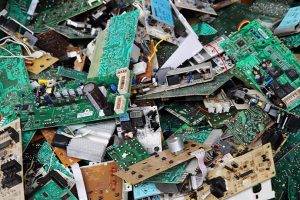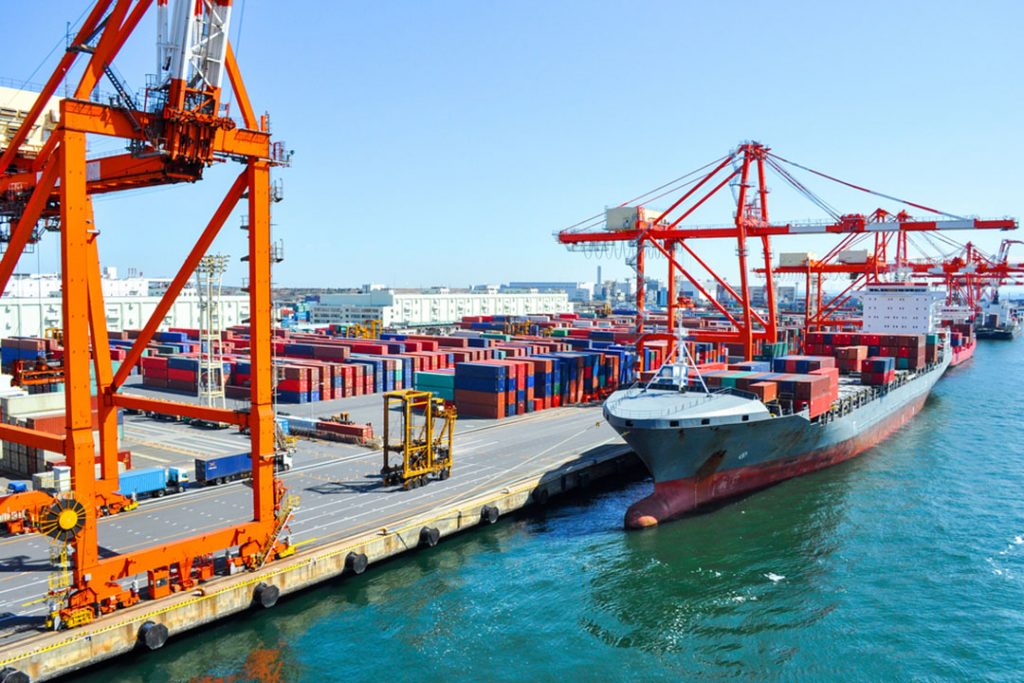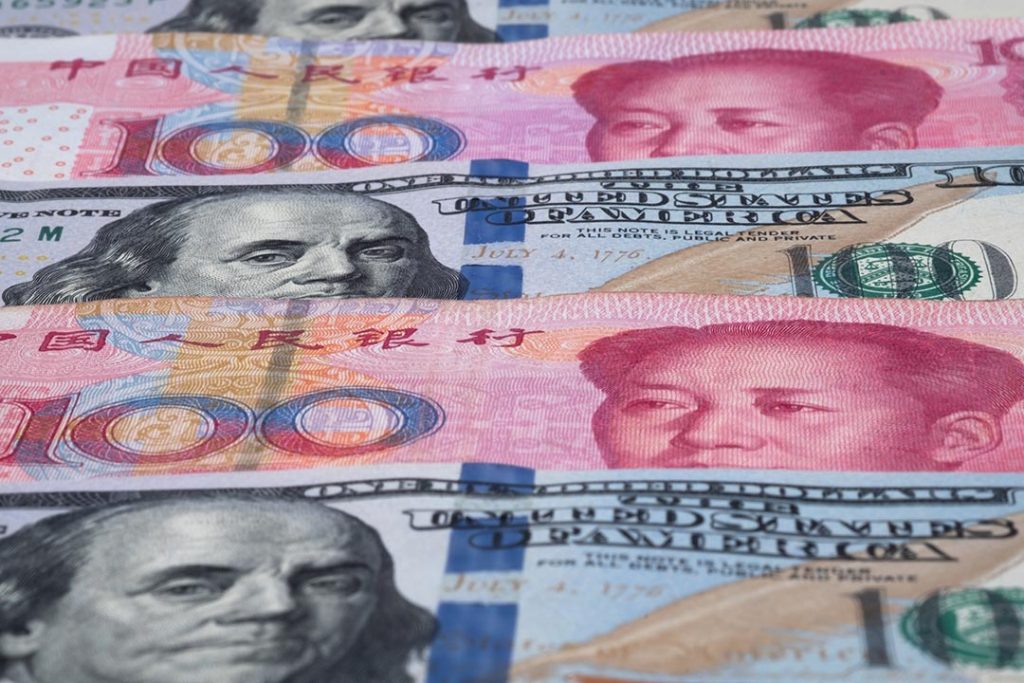 Japan’s Mitsubishi Materials is planning to invest over $100 million to boost its global e-scrap processing footprint.
Japan’s Mitsubishi Materials is planning to invest over $100 million to boost its global e-scrap processing footprint.

 Japan’s Mitsubishi Materials is planning to invest over $100 million to boost its global e-scrap processing footprint.
Japan’s Mitsubishi Materials is planning to invest over $100 million to boost its global e-scrap processing footprint.

In April, the Chinese government will enact new requirements for pellet imports. | Piyathep/Shutterstock
Officials in Beijing are set to enact new requirements around the purity of recycled plastic pellets imported into China, which could disrupt international markets for U.S. e-plastics.
Continue Reading

In addition to the growth in e-scrap processing, the New York Times report focused on the poor conditions of some Thai recycling operations. | Wead/Shutterstock
The scrap electronics processing industry is active and growing in Thailand, according to a New York Times feature, despite the country’s move to reject imports of end-of-life devices last year.

U.S. e-scrap processors and brokers say they’re currently able to move e-plastics. | Alexey Lesik/Shutterstock
Asia remains the destination for many plastics recovered from electronics. But as buyers relocate from China to other countries, prices are down and quality and volume are increasingly critical factors.

India was the second largest importer of U.S. scrap plastic during the first six months of 2019. | Avigator Fortuner/Shutterstock
Recovered plastic, including material from end-of-life electronics, has largely stopped flowing from the U.S. into India, which until recently has been among the top importers of scrap plastics.

Managing e-scrap is a growing challenge and opportunity in Asia. | weedezign/Shutterstock
A business acquisition will bring British technology for extracting valuable e-scrap metals to the Asian market.
 The U.S. recycling industry, including the e-scrap recycling sector, is expected to feel the economic repercussions of the escalating U.S.-China trade war.
The U.S. recycling industry, including the e-scrap recycling sector, is expected to feel the economic repercussions of the escalating U.S.-China trade war.
 For two years, media outlets around the globe have covered China’s National Sword recyclables import restrictions. Now, China is threatening to wield its trade sword for a different purpose: cutting off rare earth exports to the U.S.
For two years, media outlets around the globe have covered China’s National Sword recyclables import restrictions. Now, China is threatening to wield its trade sword for a different purpose: cutting off rare earth exports to the U.S.
 Chinese officials doubled down on plans to ban virtually all recovered material imports by the end of the year, despite opposition from U.S. interests.
Chinese officials doubled down on plans to ban virtually all recovered material imports by the end of the year, despite opposition from U.S. interests.
